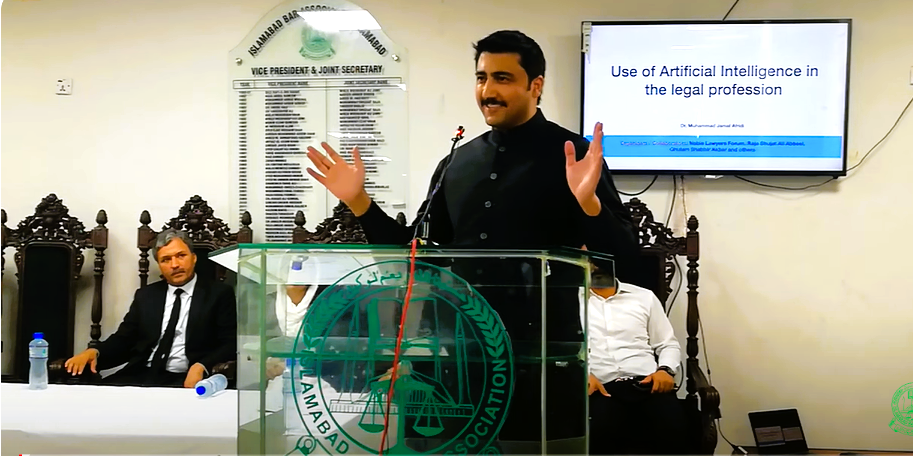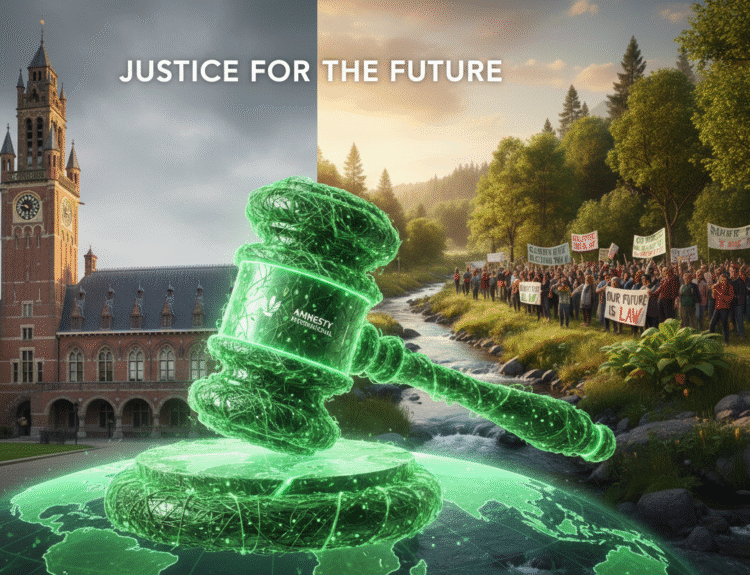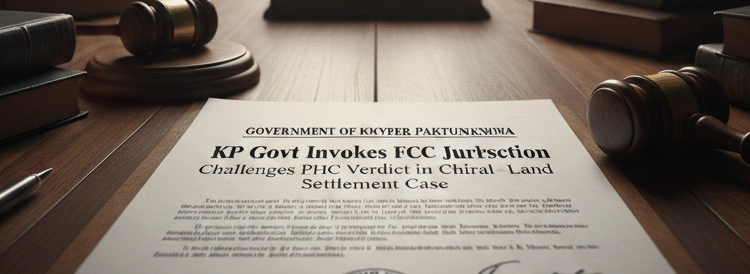In a pioneering move to embrace technology in the legal field, the Islamabad Bar Association organized a highly anticipated training workshop titled “Use of Artificial Intelligence in Legal Profession.” The event featured a keynote lecture by Dr. Jamal Afridi, an esteemed scholar with a PhD in Computer Science specializing in Artificial Intelligence from Michigan, USA.
The workshop attracted a significant number of members from the legal community, all eager to learn about the transformative impact of AI on their profession. Dr. Afridi’s lecture delved into various facets of AI application in the legal sector, emphasizing how AI-powered tools are revolutionizing traditional legal practices. The session highlighted the following key topics:
- AI-Assisted Legal Research and Document Review: Dr. Afridi demonstrated how AI tools are expediting legal research and document review processes, significantly reducing the time attorneys spend on these tasks.
- Predictive Analytics for Case Outcomes and Risk Assessment: Attendees were introduced to predictive analytics, showcasing how AI can forecast case outcomes and assist in risk assessment, providing lawyers with valuable insights for case strategy.
- Contract Analysis and Management: The workshop explored AI’s role in contract analysis and management, emphasizing its efficiency in identifying key clauses and potential risks in legal agreements.
- Chatbots for Client Intake and Support: Dr. Afridi discussed the implementation of AI chatbots in law firms for client intake and support, improving client engagement and streamlining initial consultations.
- Ethical Considerations and Future Developments: The lecture also covered the ethical implications of AI adoption in legal practices, ensuring that the integration of technology adheres to legal standards and maintains professional integrity.
Throughout the workshop, Dr. Afridi underscored the benefits and challenges associated with incorporating AI into legal services. He encouraged lawyers to embrace AI as a tool to enhance their practice, allowing them to focus more on high-value tasks such as client advisory and courtroom advocacy.
The event concluded with an engaging Q&A session, where participants had the opportunity to discuss their concerns and curiosities about AI’s role in their profession. The Islamabad Bar Association’s initiative marks a significant step towards modernizing the legal industry, preparing its members for the future of legal services in the age of automation.
This insightful workshop not only provided valuable knowledge but also inspired the legal community to consider the endless possibilities AI brings to their profession. The Islamabad Bar Association’s commitment to advancing technological literacy among its members is commendable and sets a precedent for other bar associations to follow.





